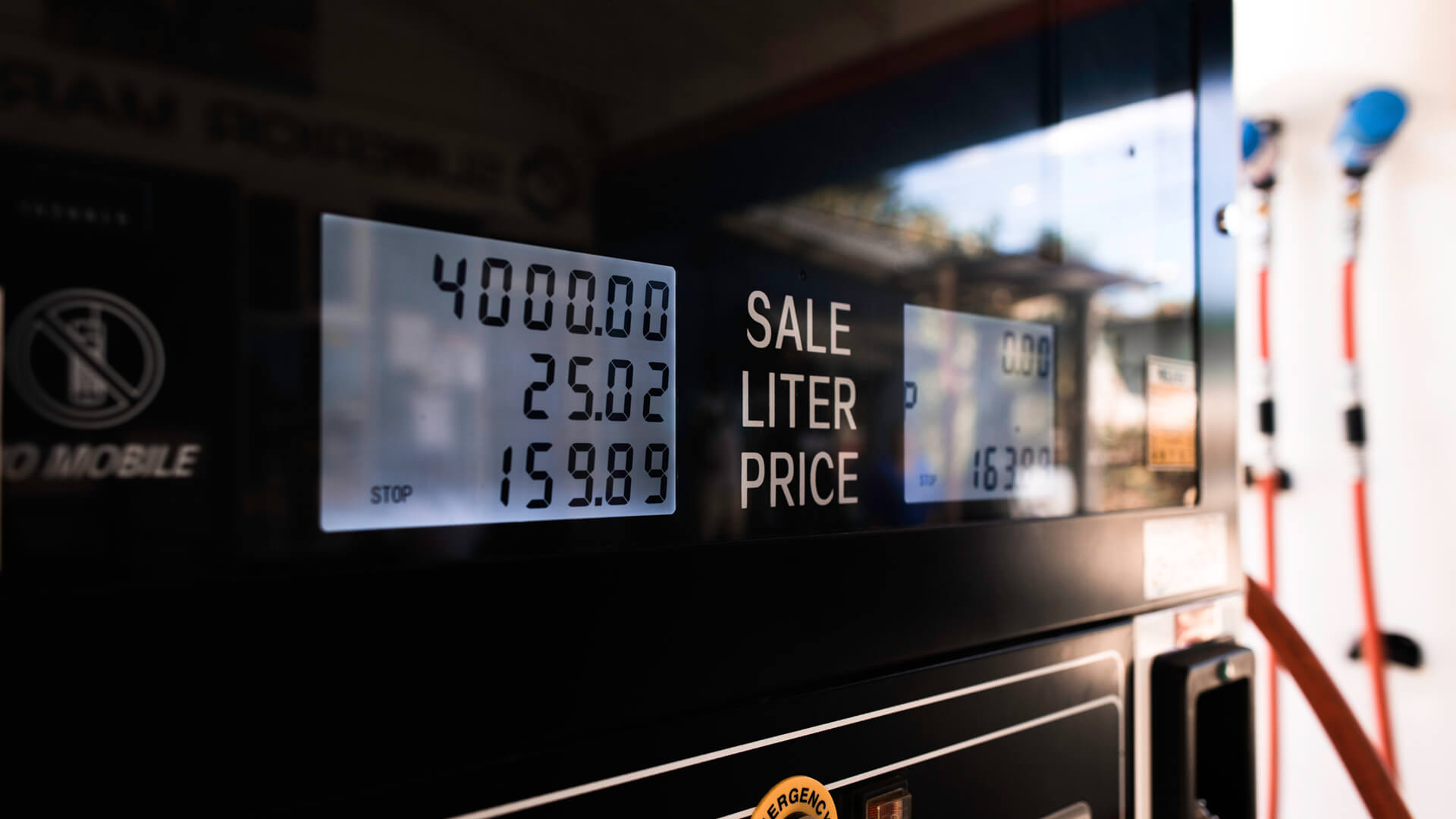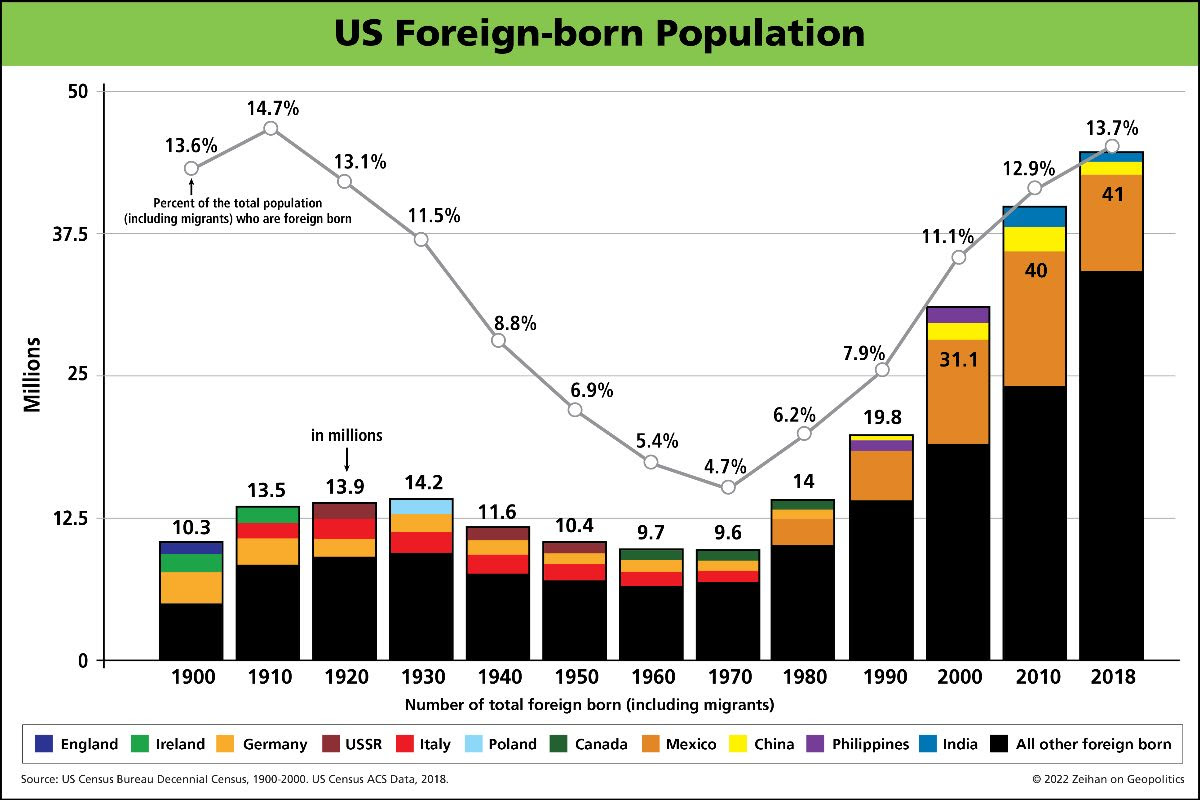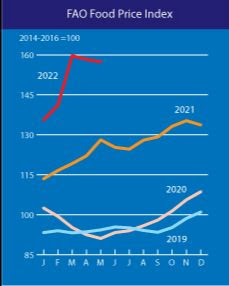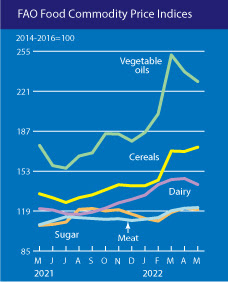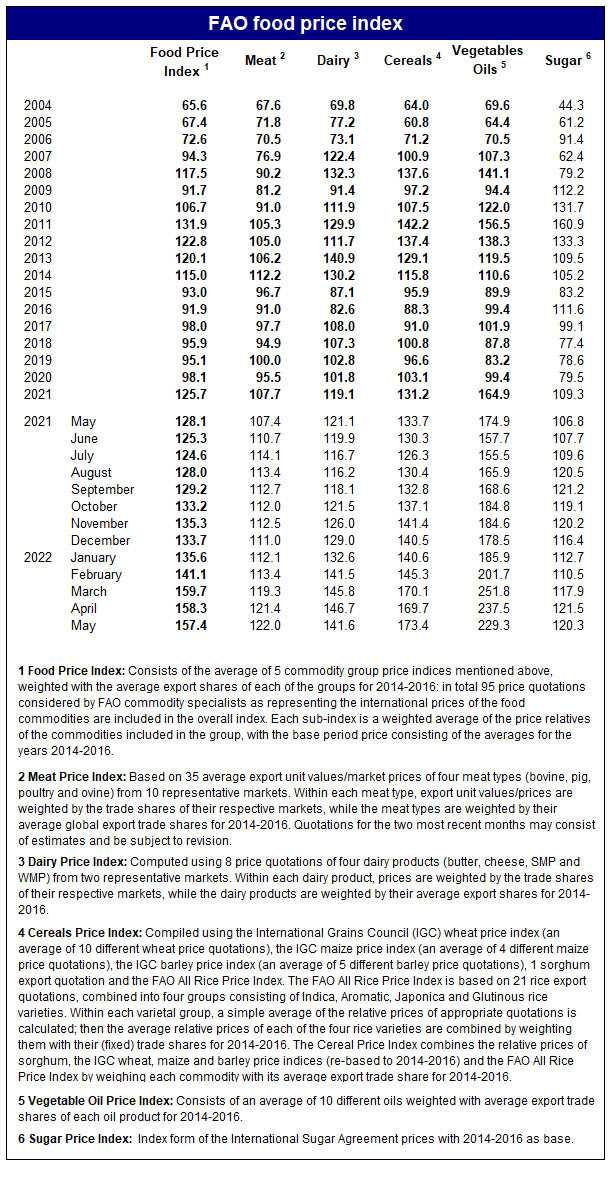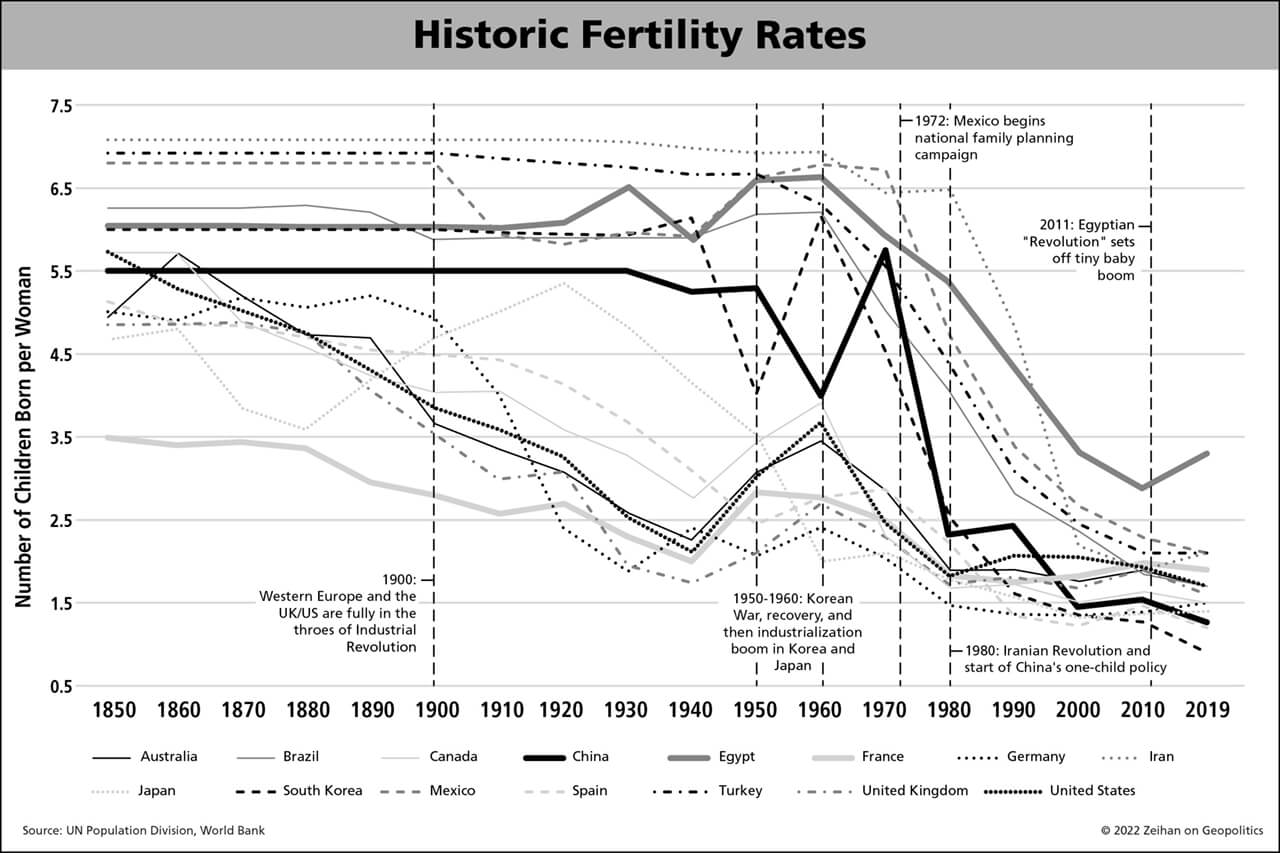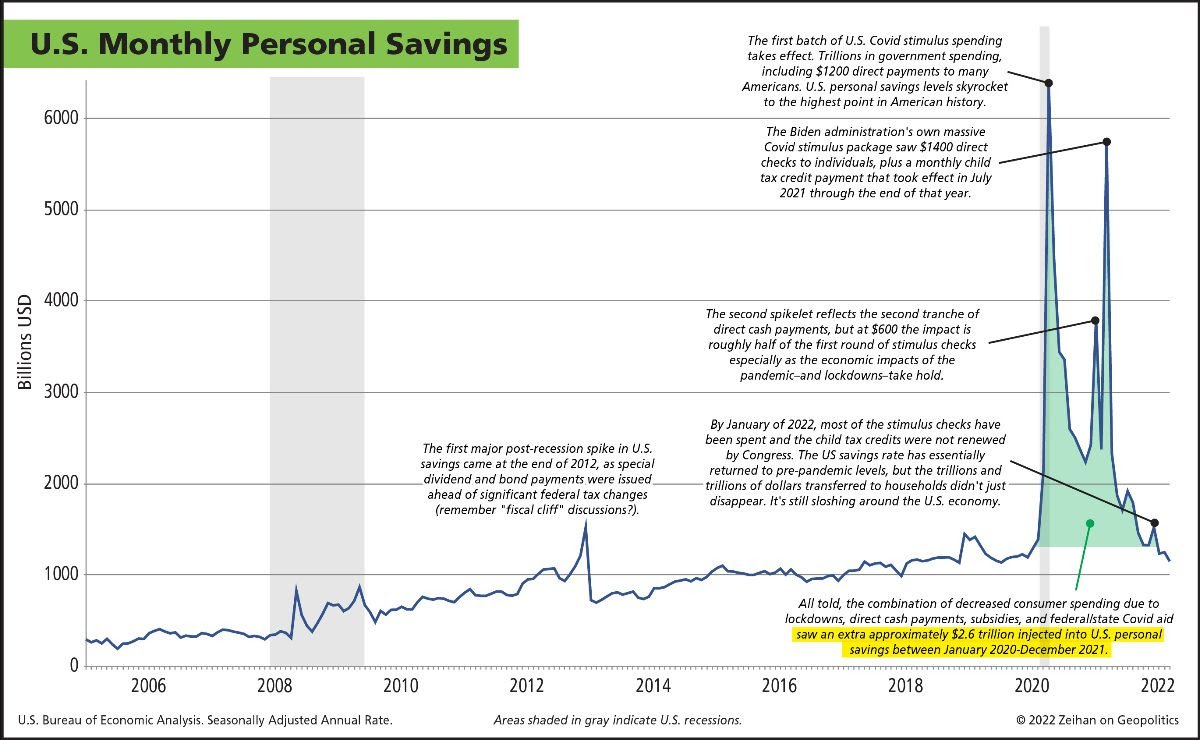Russian President Vladimir Putin has given another of his…heavy-on-the-revisionist-history speeches. This time, he categorized the Great Northern War–the 18th century conflict that saw the Tsardom of Russia successfully challenge Sweden for Baltic superiority–as one where Russia “reclaimed” such territories as Estonia and Latvia. As with Moscow’s claims that places like Ukraine have always been a part of Russia, this is just simply not true.
But reality isn’t the point. Or rather, the Russian president is delivering a Russian “reality” to the bulk of the Russian people. This is primarily an insular conversation, where a strongman is trying to justify a war of expansion. But it also sends a warning to a Sweden and Finland that have already moved ahead to join NATO: we have beaten you in the past, we consider much of your neighborhood as properly our own, and don’t sleep too comfortably in your beds at night.
The latter might be a projection of Putin’s, or Russia’s, strategic anxieties but that doesn’t mean we should dismiss them out of hand. As seen in the graphic from my first book below, the Russia of today is not what we’d consider geographically secure. It is not an island power detached from mainland squabbles like Japan or the United Kingdom. Nor is it a mountain fortress like Iran. Russia is a vast territory–difficult and expensive to secure–and its more densely populated western core features multiple invasion routes for those who would be so inclined.

Here at Zeihan On Geopolitics we select a single charity to sponsor. We have two criteria:
First, we look across the world and use our skill sets to identify where the needs are most acute. Second, we look for an institution with preexisting networks for both materials gathering and aid distribution. That way we know every cent of our donation is not simply going directly to where help is needed most, but our donations serve as a force multiplier for a system already in existence. Then we give what we can.
Today, our chosen charity is a group called Medshare, which provides emergency medical services to communities in need, with a very heavy emphasis on locations facing acute crises. Medshare operates right in the thick of it. Until future notice, every cent we earn from every book we sell in every format through every retailer is going to Medshare’s Ukraine fund.
And then there’s you.
Our newsletters and videologues are not only free, they will always be free. We also will never share your contact information with anyone. All we ask is that if you find one of our releases in any way useful, that you make a donation to Medshare. Over one third of Ukraine’s pre-war population has either been forced from their homes, kidnapped and shipped to Russia, or is trying to survive in occupied lands. This is our way to help who we can. Please, join us.


